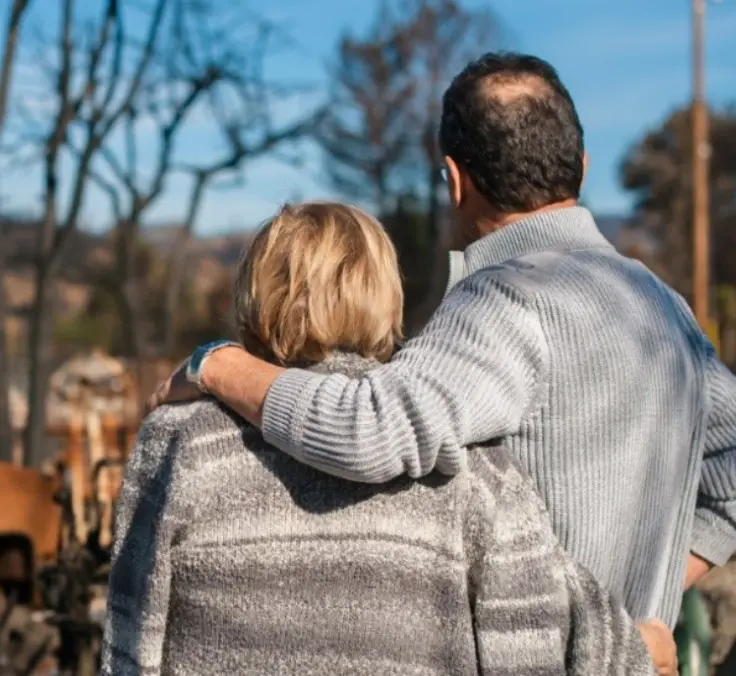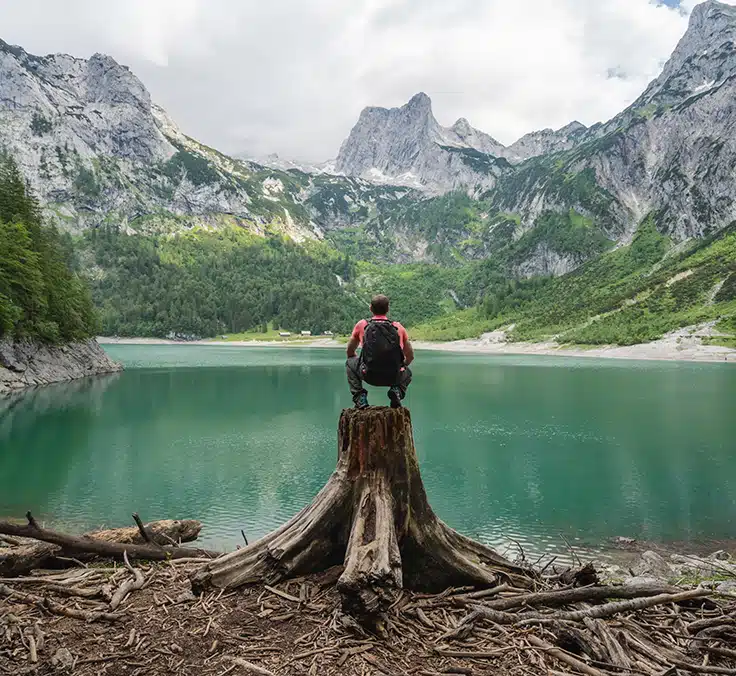INSURANCE | 08.14.2024
The planet on fire: how to prevent and act in the event of a fire
No country in the world is free from the danger of forest fires, which today represent one of the greatest threats to natural ecosystems, especially in the summer due to high temperatures. We want to emphasize the importance of our actions to prevent and reduce these disasters. Every effort we make to safeguard our mountains and forests is vital to ensure our future, where insurance also occupies a privileged place when it comes to protecting natural resources.
World Forest Fire Prevention Day is held on August 18 as a way to draw attention to this global threat. In fact, 2023 has gone down in history as the year with the most intense and aggressive fires ever recorded. The Evros disaster in Greece, the Tenerife fire, and across the Atlantic, the fire on Maui in Hawaii—along with others in Italy, Portugal, Algeria, Tunisia, and Canada—are just a few of the most severe incidents from last year. And, while we are no prophets, it doesn’t seem like the trend will stop anytime soon.
These fires, characterized by their uncontrolled spread through vegetation, can arise from natural causes, such as lightning or excessive heat. However, the vast majority are a result of human activity. Burning waste, improperly extinguished campfires, and carelessly discarded cigarette butts are some of the primary sources of ignition caused by people.
Catastrophic effect
The impact of forest fires is devastating. In addition to the tragic loss of human lives, these fires cause massive damage to biodiversity, landscapes, property, and infrastructure. They also contribute to the worsening of the climate crisis, causing an increase in temperature, prolonged drought periods, and heat waves, intensifying the global environmental situation.
The loss of forest cover, which acts as a carbon sink, and the release of large amounts of CO₂ into the atmosphere create a destructive cycle. Fire worsens climate change, and, in turn, climate change intensifies the emergence of fires, which tend to be quicker, more dangerous, and more difficult to control.
Prevention and mitigation strategies
In recent years, fires have devastated forests and landscapes, underscoring the urgent need for effective prevention and mitigation strategies. Avoiding this type of fire is a shared responsibility that begins with the daily actions of each of us. These simple tips can make a difference:
1. Be careful with bonfires. Only light bonfires or barbecues in designated and properly equipped areas. Keep a bucket of water and a shovel nearby to extinguish it completely before you go. Never leave a fire unattended.
2. Do not discard cigarette butts on the ground. Cigarettes can easily set fire. Make sure you completely extinguish your cigarette butts and dispose of them in a suitable place, never on the ground or in areas with dry vegetation.
3. Avoid lighting off fireworks. In areas with a risk of fires, avoid using fireworks, sky lanterns, or any other pyrotechnic devices. These activities can cause fires even at a distance.
4. Proper waste management. Don't leave trash in the forest, especially flammable materials such as glass, plastic, and paper. These can act as fuel. Bring all trash with you and put it in the corresponding containers.
5. Clean around your home. If you live near forested areas, keep the area around your house clean by removing dry leaves, branches, and any debris that could catch fire. Consider installing firebreaks and using fire-resistant building materials.
6. Report suspicious behavior. If you see someone doing something that could cause a fire, such as setting fire in restricted areas, inform the local authorities immediately.
7. Volunteer. Get involved in fire prevention programs, such as garbage collection projects, forest area surveillance, and environmental education. These actions are essential to protecting our mountains and guaranteeing the security of our communities.
How to react to a fire
In the event of a forest fire, it is crucial to remain calm and act quickly. Immediately report the incident to the authorities by calling Emergency Services. Stay away from the fire (whenever possible, downhill and against the wind).
If you are trapped, seek refuge in clear areas or bodies of water. Cover your nose and mouth with a damp cloth to filter out smoke and preserve your breathing. Keep relatives and neighbors informed about your location and status. Following these measures can protect you during a forest fire.
The importance of agricultural insurance
Agricultural insurance plays an essential role in protecting against forest fires. It provides a financial safety net for farmers and landowners, covering damages caused by fire and facilitating economic recovery.
This type of insurance helps to mitigate losses and ensure the continuity of agricultural and forestry activities. It also promotes responsible practices and preventive measures by offering incentives to adopt risk management strategies.
Investing in agricultural insurance is a prudent decision to protect both livelihoods and natural resources.
RELATED ARTICLES:




